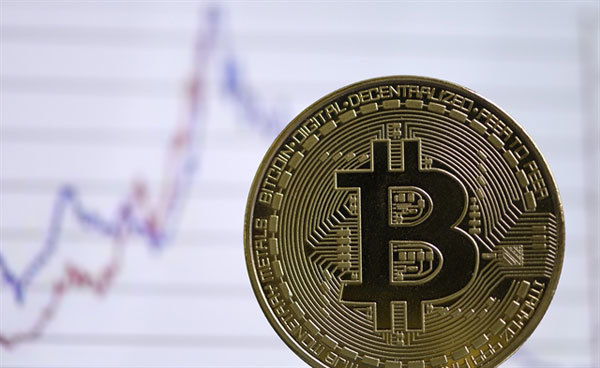 |
| Economic experts have warned about the risk of Pi Network mining in Vietnam. |
Pi Network proves attractive to users
The past few days have seen many Vietnamese people rush to mine Pi, despite many not knowing its real value or the prospective future of this crypto currency.
“Hunting for Pi costs me nothing, therefore it poses no risk at all,” confides a Pi investor, “If I am lucky, I will get money, otherwise it is just a game to play.”
Similar to network marketing, the app is introduced between users and then downloaded with expectations going forward that they can earn a profit once the Pi Network is listed on the stock exchange.
“Do not worry, since this game costs you nothing but just takes time. What you need to do is to keep a close watch on it and click. Pi transactions are currently on trial through electronic wallets in Vietnam,” says V.T.T, a representative of a Pi mining group.
At present, Pi and its transactions have yet to be licensed domestically and there have been implicit transactions of cash for the purpose of an exchange of accounts reaching the milestone as certified by Pi Network operators.
Many members of the Pi Network group domestically have revealed that similar to Bitcoin 10 years ago, Pi is donated among the community by Pi Network developers. It is hoped that this digital currency will one day be listed on stock exchanges globally, thereby causing its value to increase by hundreds or even tens of thousands of US$ and possibly leading the way in terms of new generation electronic currency to replace Bitcoin.
Experts hold different views
This speculation is in contrast to the opinion held by Dr. Le Ba Chi Nhan, a senior economic expert, who believes that Pi, similar to other digital currencies, has labelled itself as virtual money, though it is never listed on an official stock exchange. Therefore, its value can be considered equal to zero whilst the unlicensed currency also poses a genuine risk to investors.
“Despite being a costless game, Pi Network shows signs of a multi-level virtual exchange that will cause many consequences and unpredictable variations in the future,” warns Dr. Nhan.
Supporting this viewpoint, Dr. Tran Nguyen Dan, a lecturer at Ho Chi Minh City University of Economics, wonders about the true motive of the Pi Network’s developers when marketing the model.
“It is unimaginable that the Pi Network has attracted more than 10 million users shortly after it was launched. Users are said to pay nothing but get a profit in return. In fact, when users register to play, they accidentally sell their personal information to developers,” Dr. Dan ponders.
He states that none of the players know what will happen to the amount of Pi they earn, or even if the crypto currency can even be exchanged for US$.
Experts offer advice
Since launching it is a matter of concern that the majority of Pi players do not fully understood how it actually works, having instead simply registered to play the game as a means of satisfying their curiosity and speculating that they can earn real money.
“Many players have previously fallen victim to virtual transactions of other forms of crypto currencies,” warns Vo Do Thang, director of the Athena Network Security Centre. “Those who do not have knowledge of technology should not invest in this game. They should also not pin hopes on the profit, because nobody knows when they can get the profit and this game may entail risks in future.”
While is too early to categorically know if Pi Network is a scam or not, none of the developers have yet to pledge to exchange the virtual currency for real money or goods. Therefore, investors are advised to take necessary precautions against similar types of crypto currency projects, not just Pi Network.
VOV

Experts warn of risks with cryptocurrency trades
Cryptocurrencies are booming in Vietnam as investors consider them promising investments while Government agencies and experts warn of their risks.